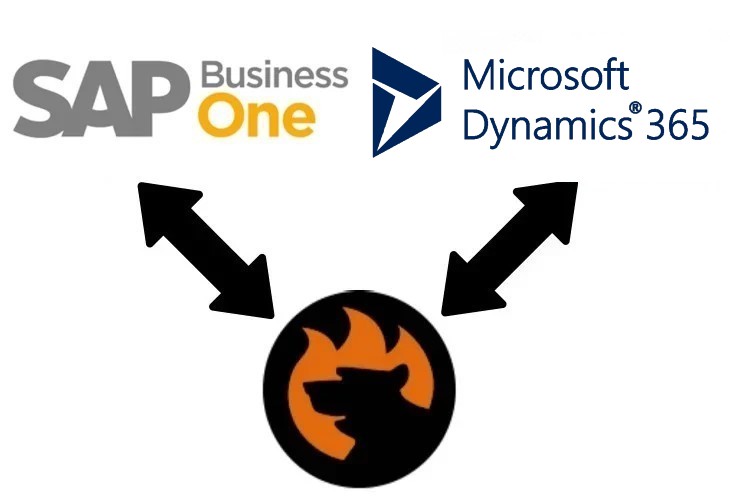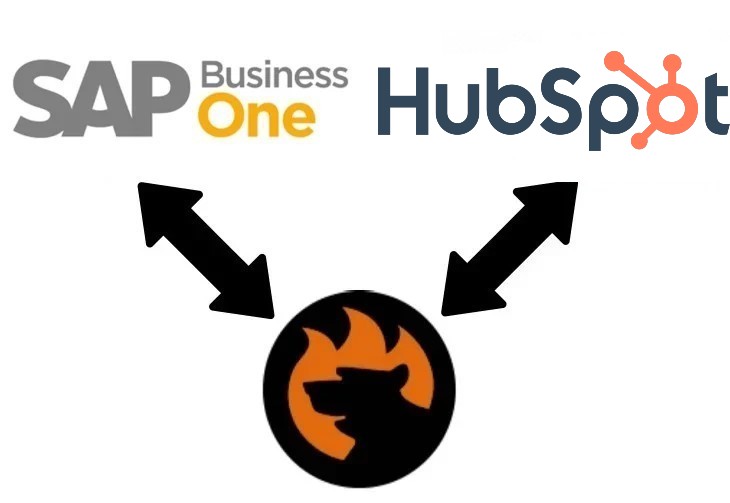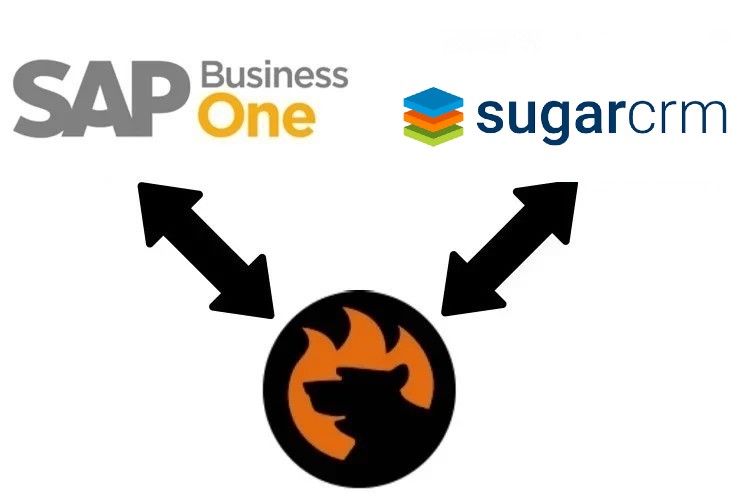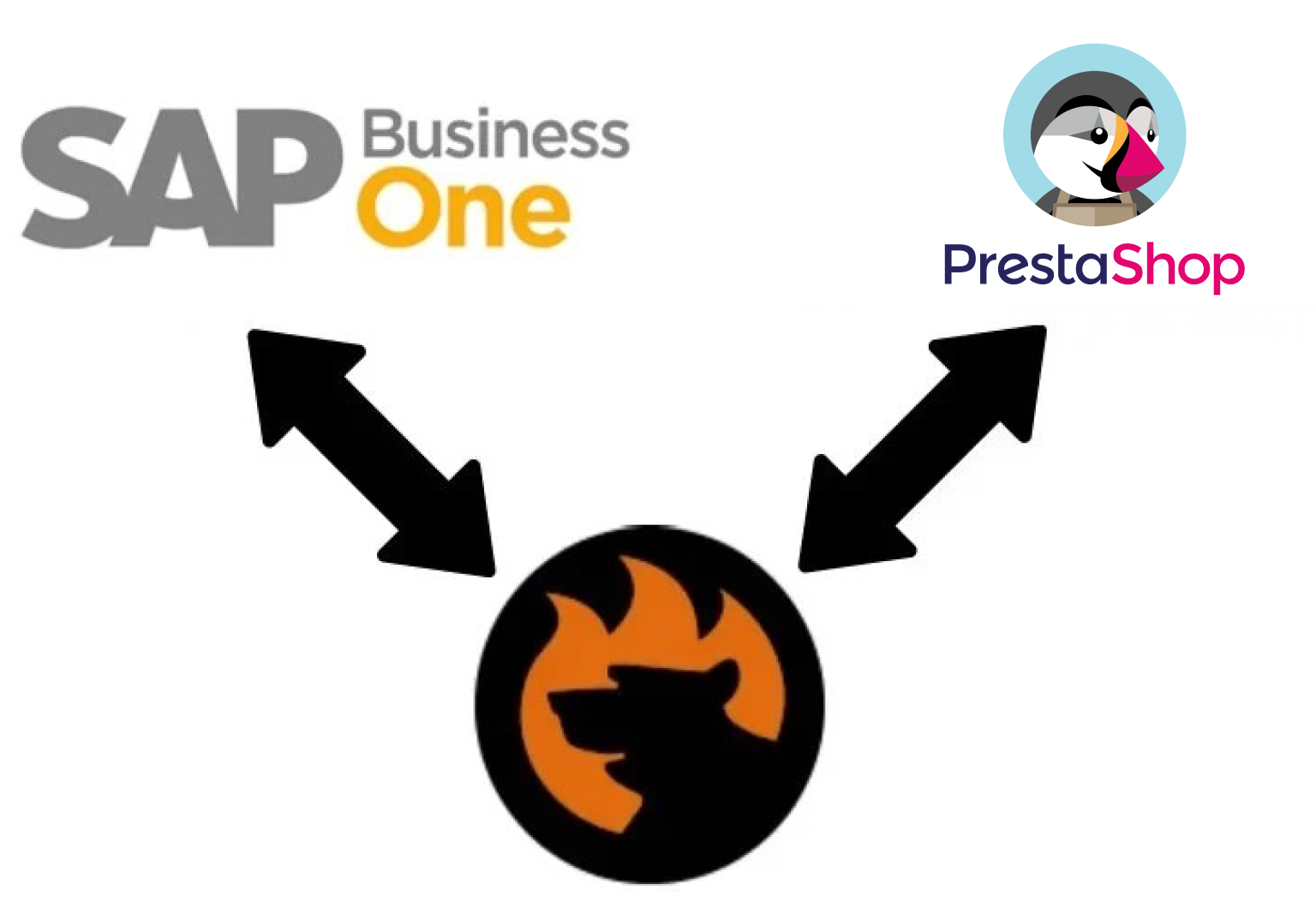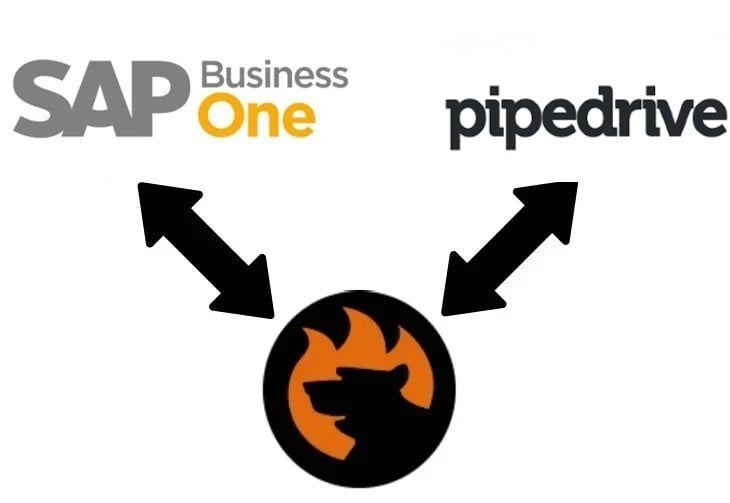SAP Business One Integration with OpenCart
Modern eCommerce extensions can help you simplify operations and add value to your business. Instruments such as ERP systems, CRM platforms, and accounting tools can be synchronized with your store to achieve certain goals. SAP Business One is one of the most feature-rich ERP systems available. You can use the functionality of this platform with others. Today we’re going to talk about the integration of these two platforms, SAP Business One and OpenCart. This integration will not only help you facilitate your work with these two platforms but also raise the value of regular business operations. The integration process may seem complicated at first glance, but it is not. Together with the Firebear team, you will be able to perform SAP Business One Integration with OpenCart rapidly and without complications. We will help you to synchronize the data of these two platforms without loss of quality.




